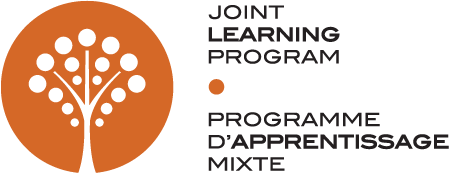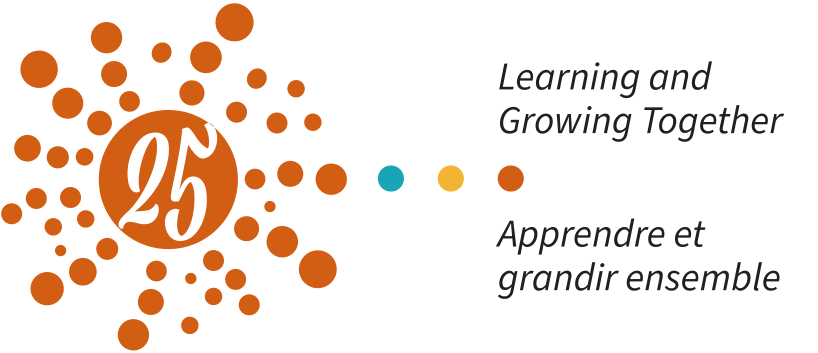September 23 is the International Day for Sign Languages
The International Week of Deaf People 2024 falls from September 23 to 29, with the Monday being designated as the International Day of Sign Languages. In Canada, there are diverse Sign Languages in use. The language used can depend on your heritage, which languages are spoken around you, and even your geography. American Sign Language, La langue des signes Québecoises, Maritime Sign Language, and Plains Sign Languages, one of several Indigenous Sign Languages, are all used within our borders.
Deaf people have historically been victims of stigma, prejudice and marginalization in both subtle and obvious ways. One of the most insidious and persistent forms of discrimination experienced by the Deaf community is ways of communicating with the hearing world. The expectation that Deaf people will change, simplify or alter their way of communicating in order to make it easier for the hearing person is a subtle form of discrimination.
True Sign Languages have their own distinct grammar, vocabulary, syntax and even culture. For the Deaf community, any form of “language” that has been created and imposed on them by the wider hearing community is almost invariably a subtle form of oppression. Seeing Exact English, Signed English, Cued Speech, and Manually Coded English are not considered languages for this reason.
The actions, often done unconsciously, to soften, simplify or change any marginalized group’s ways of expressing themselves to the wider world is called code-switching. This term is used when any person from a non-dominant group changes the way they present themselves. Language, appearance, hairstyle can be examples of things that people change in order to be more palatable to the dominant culture. The dominant culture’s expectation of code-switching significantly attenuates the richness and diversity that minority communities can bring to the table.
If everyone in an office is expected to look and speak in the same manner, where do the new perspectives and opinions come from? Employees who feel compelled to code-switch in order to be seen and respected are going to be less likely to voice their opinions when they disagree with the majority or have an opportunity to spark healthy debate. In turn, agreeability leads to a creativity deficit. – Cara Hutto, author, InHerSight.com
The JLP offers a range of in-person workshops and virtual discussions that touch on stigma, and discrimination. Participants are encouraged to learn to recognize and resist the insidious harm done in the name of assuaging the dominant culture(s). Duty to Accommodate (currently being revised), Respecting Differences/Anti-discrimination and Anti-Racism: Let’s Talk! can all help foster a more inclusive and richer work culture.

